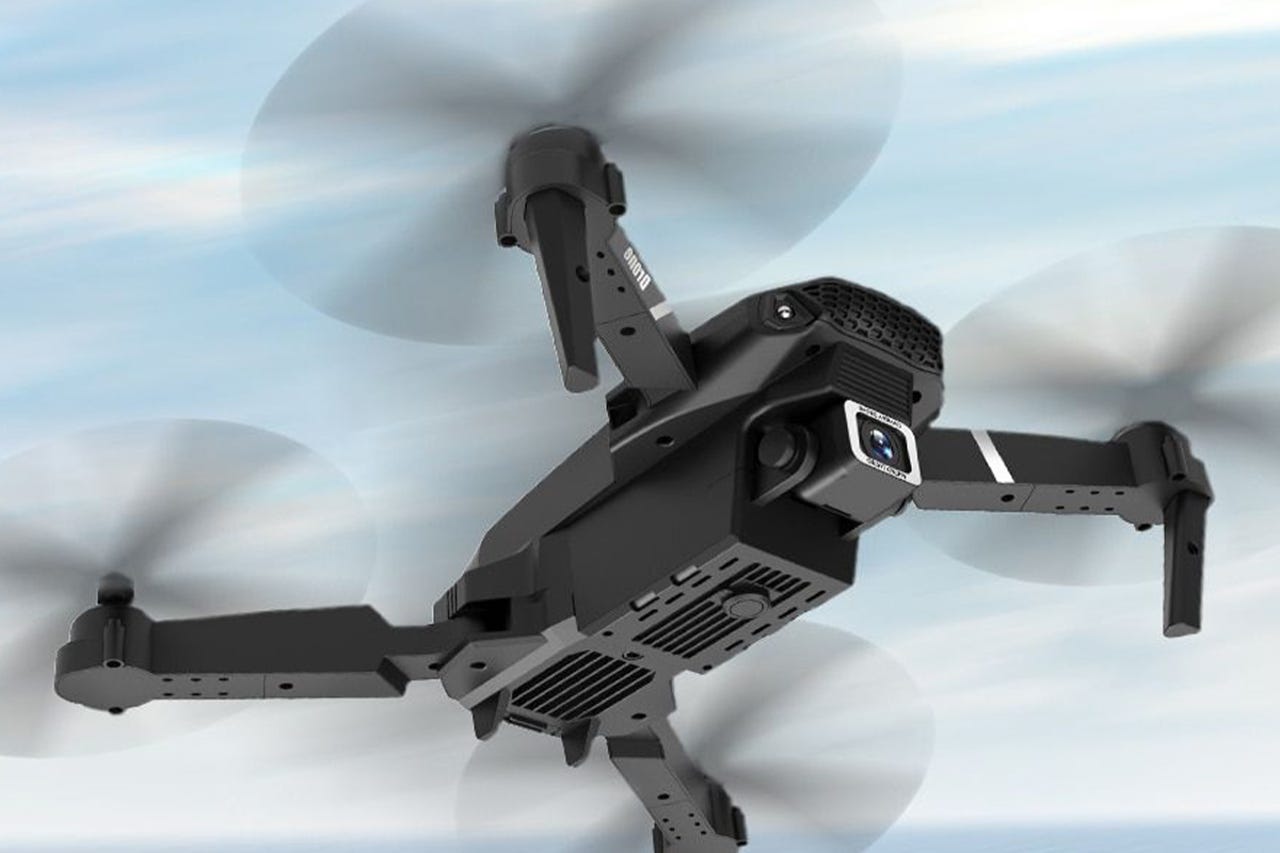
There can be little doubt that the FAA is paving the way for a framework governing the widespread operation of commercial drones in the U.S. In advance of a definitive ruling on whether commercial drones can operate beyond visual line of sight (BVLOS), the FAA has been busily granting case-by-case permission to drone operators for exactly that.
One recent example, just announced, drone company American Robotics has added seven additional sites of operation approved by the FAA for its automated BVLOS drone technology, the Scout System. American Robotics has 10 operational sights across eight U.S. states.
“American Robotics is excited to have seven additional sites of operation approved by the FAA. As we continue to build upon our offerings, we look forward to providing current and future customers with the tools needed to unlock scalable, autonomous drone operations that will help propel their businesses and critical industries forward,” says Reese Mozer, co-founder and CEO of American Robotics. “Not only is this a milestone for American Robotics, but it is also another signal that we have reached an inflection point in commercial drone operations in the United States, and American Robotics is proud to be at the forefront of these industry advancements.”
Elsewhere in the commercial drone sector, Percepto, which offers autonomous inspection by industrial robotics, recently announced it will deploy autonomous drones to monitor Florida Power & Light’s substations and power distribution grids across the state. The deployment represents the largest commercial autonomous drone project in the world, a staggering feat given the relatively slow pace with which the FAA has moved to adopt a framework.
Not surprisingly, both Percepto and American Robotics are on the FAA’s industry-focused BVLOS rulemaking committee, which is tasked with helping the FAA adopt a regulatory framework for wider commercial drone adoption. The companies that invested early in that process are reaping early benefits from their friendly stance toward the FAA.
The FAA previously issued a nationwide waiver for Florida Power & Light to fly Percepto drones for surveillance and inspection purposes at sites owned and serviced by FPL. The Beyond Visual Line of Sight (BVLOS) Aviation Rulemaking Committee (ARC) has provided its regulatory recommendations to fully incorporate highly automated BVLOS operations flights in US national airspace, a process that is expected to take place in the months ahead.
For players like Percepto and American Robotics, eventual approval will open the floodgates. The FAA has been very deliberate in its progress (slow in the eyes of some in the sector).
“Every step by American Robotics toward full autonomy is significant: autonomous drones provide continuous, real-time information,” says David Boardman, CEO of Stockpile Reports. “With zero touch, high frequency automated data collection, the bulk materials supply chain will be transformed as we can provide answers to enable real-time decisions at any site. This approval is a critical turning point in addressing the market demand for continuous information.”







